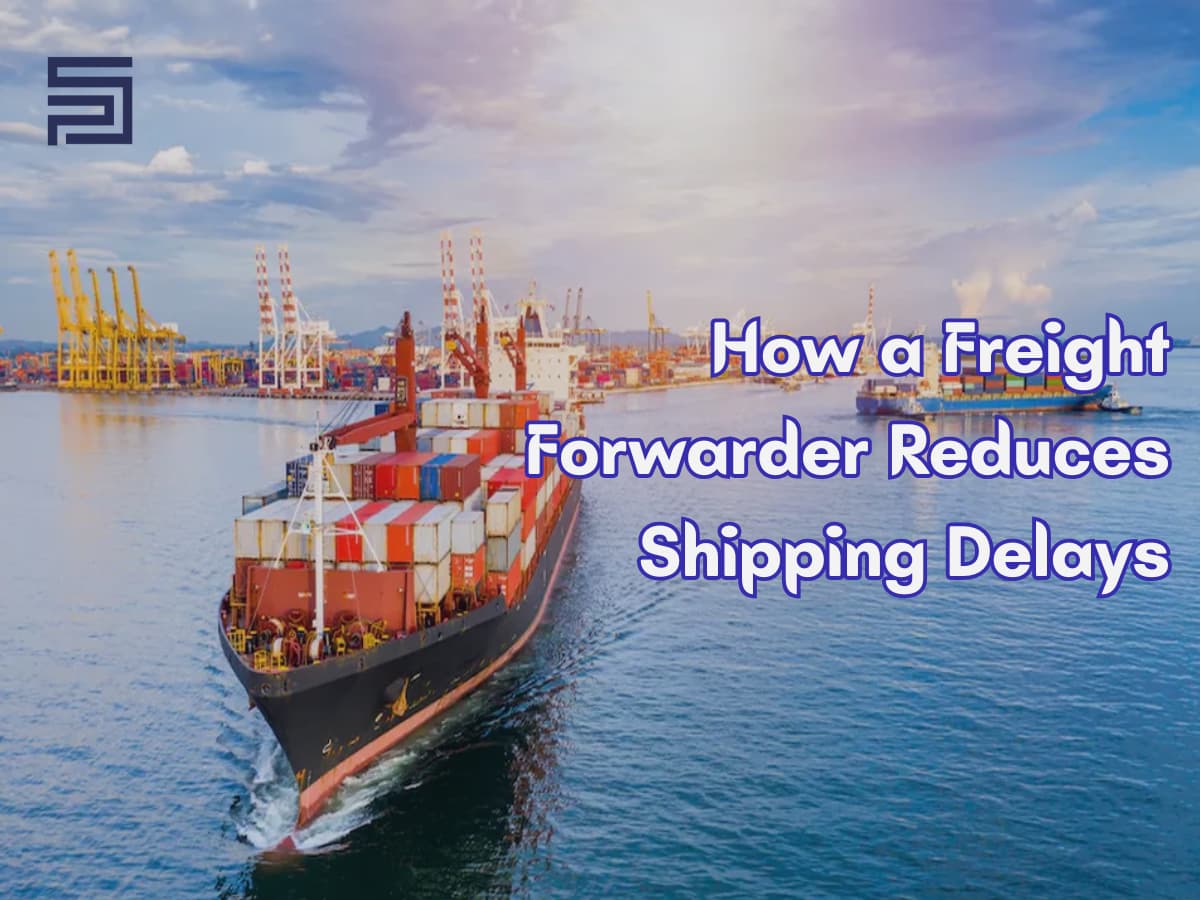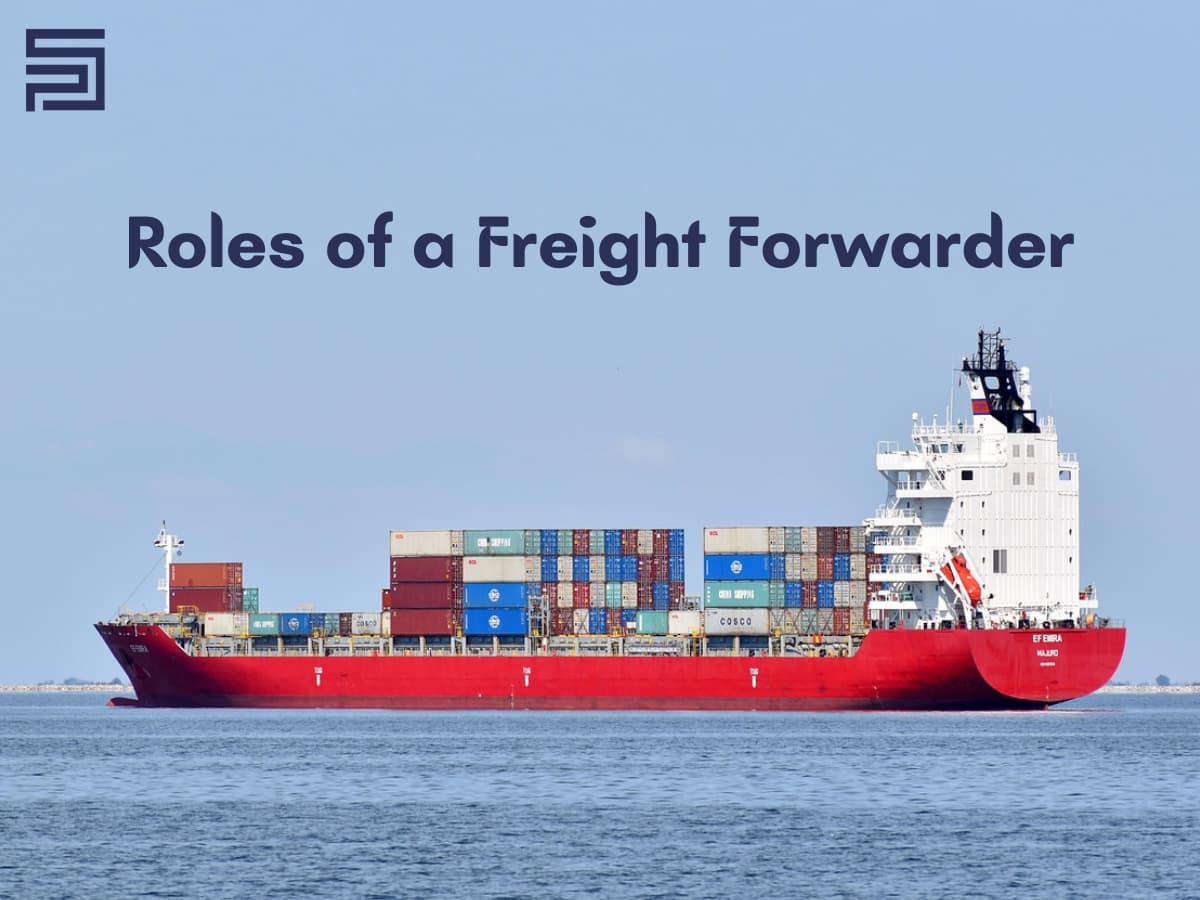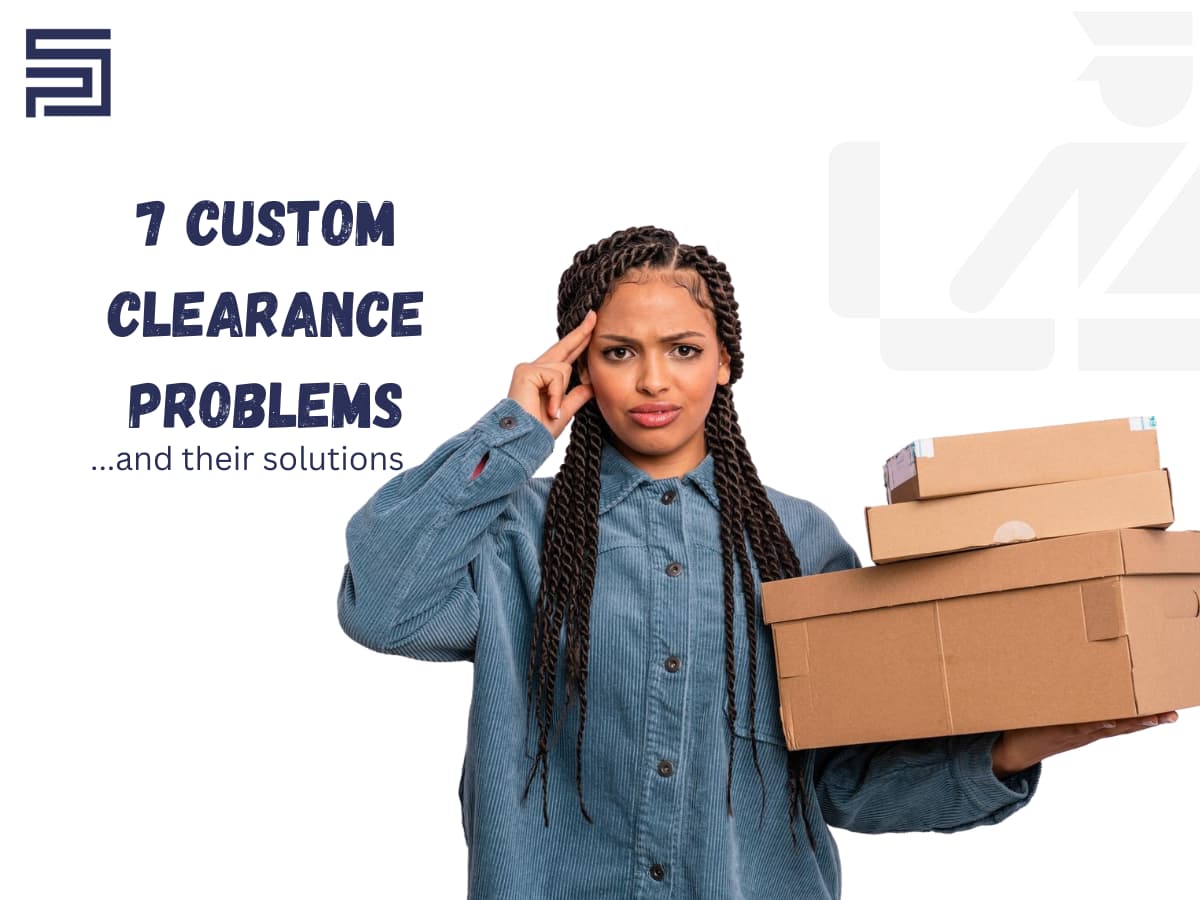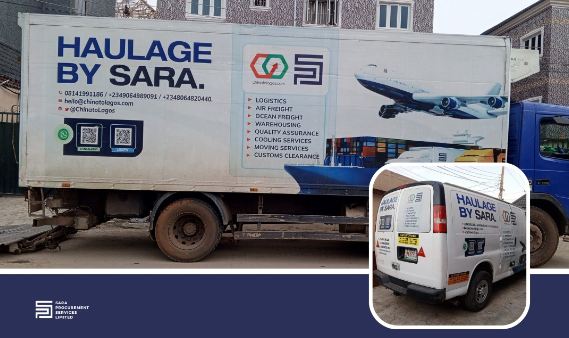Shipping delays cost time, money, and customer trust, and most are avoidable with the right expertise.
In this article, we explain how the freight forwarders in our team leverage their experiences to help reduce shipping delays efficiently.
Do you need a reliable freight forwarder to assist with your shipping needs? Contact our team today, and let’s cut down the delays you experience.
Why do shipping delays happen?
Shipping delays are typically the result of a few predictable breakdowns throughout the logistics chain. Some of these include:
- Incomplete or incorrect invoices, commercial invoices, or customs forms,
- misclassified goods, or missing permits,
- Weather and force majeure,
- Equipment and infrastructure shortages,
- Poor packing, wrong labels, or palletisation problems,
- strikes, sanctions, or route closures.
While some of these causes are beyond the control of a freight forwarder, there are still several steps they can take to prevent delays. This is largely because they have shipped thousands of parcels and can act based on experience.
8 ways freight forwarders reduce shipping delays
1. Shipment consolidation & LCL optimisation:
Instead of each small consignment travelling separately and being handled multiple times, a forwarder combines compatible shippers’ cargo into one container.
This reduces the number of individual bookings, handoffs, and paperwork for the businesses involved. With fewer touchpoints comes fewer opportunities for shipping delay.
This is a powerful lever we use at SARA to cut delays and even costs for businesses we work with.
2. Customs expertise and accurate documentation:
Customs delays are one of the quickest ways a shipment’s ETA balloons, and freight forwarders stop many of those delays before they start by combining deep customs knowledge with rock-solid document workflows.
Our expert forwarder at SARA ensures your goods get the correct tariff classification, valuation & duty calculation, and also provides accurate customs clearance documents.
By ensuring everything is accurate and complete, we minimise the chances of customs officers flagging unclear filings that might lead to physical inspections and delays.
3. Carrier selection & capacity negotiation:
One of the most effective ways freight forwarders reduce shipping delays is through strategic carrier selection and proactive capacity management.
At SARA, we manage volumes across multiple clients. Hence, we have stronger bargaining power and deeper insight into carrier performance than an individual shipper would.
Instead of relying on a single shipping line or airline, we maintain relationships with several carriers, providing our clients with alternatives if one route is overbooked, congested, or delayed.
4. Route & modal optimisation:
Route and modal optimisation is about choosing the best path and transport mode (sea, air, rail, road, or a mix) for each shipment so you hit the right balance between speed, cost, and reliability.
Freight forwarders do this continuously; they don’t just book the cheapest carrier; they match the lane and mode to the shipment’s urgency, value, and risk profile.
For example, we pick air for urgent, high-value goods; ocean for bulk goods and goods that are not urgent; road for fast overland corridors; or combine modes (air-ocean, rail+truck) for the best possible balance based on your needs.
You can contact our expert team anytime, and we will help you out in choosing the perfect route for your shipment.
5. Real-time visibility & communication (TMS, tracking, EDI/API):
At SARA, we have a tracking system that our client can use to verify the status of their shipment when in transit.
You also get to receive notifications when your shipment arrives at specific locations, and you are never kept in the dark.
Communication with the team is also proactive, and you get informed of ETA changes, documentation needs, or action items before they become urgent, preventing all kinds of delays that could arise.
You can also contact the team at any time, and you will be responded to promptly. Our clients love us for this.
6. Cross-docking, warehousing & near-port solutions:
As a freight forwarder, we make use of strategic storage locations around the port, which helps in cutting down on delay time.
In cases where we can, we transfer incoming goods straight from inbound transport to outbound trucks with minimal storage, reducing handling and wait time.
We also position our deconsolidation and staging facilities close to terminals so containers can be emptied and sorted immediately after discharge.
All things are done to ensure we cut port dwell time, speed up final-mile delivery, remove bottlenecks caused by inspection holds, improve recovery time after disruptions, and lower demurrage/detention exposure.
7. Contingency planning & risk management:
Contingency planning and risk management are the safety net that prevents small disruptions from becoming long, costly delays.
At SARA, we have a working strategy and decision rules, so when something goes wrong, we can act fast and keep shipments moving.
We also use insurance, cargo bonds, and pre-negotiated demurrage/detention agreements to limit financial impact while solutions are implemented.
You can check out this guide, where we give further details on how we mitigate supply chain risks.
8. Performance measurement & continuous improvement:
Freight forwarders don’t just move shipments; they track, measure, and refine every step of the process to eliminate recurring delays.
With over 20 years in the shipping industry, we have sufficient experience to carry out data-driven performance management, and we turn past disruptions into lessons that improve future efficiency.
We compare performance across carriers, routes, and partners to identify best practices and underperformers, implement standard operating procedures (SOPs) to reduce variability in handling and documentation, and keep staff updated on regulation changes, technology tools, and industry best practices for smoother operations.
Through all these, we have built long-term efficiency, and every shipment becomes smarter and faster than the last.
When to use a freight forwarder vs a direct carrier.
Choosing between a freight forwarder and booking directly with a carrier comes down to five practical factors:
- volume,
- complexity,
- cross-border requirements,
- product type, and
- regulatory sensitivity.
Use this quick guide to decide which route fits your shipment.
Use a freight forwarder when:
1. Low to medium volume / LCL shipments:
You need consolidation, better rates, or access to full-container sailings without booking an entire FCL.
2. Complex moves:
You need multiple legs, multimodal routing (air+ocean, rail+truck), transshipments, or special handling.
3. Cross-border & customs work:
You want someone to manage documentation, pre-clearance, permits, and local agent coordination.
4. Regulated or restricted goods:
Products that need certificates, licences, phytosanitary checks, or compliance monitoring.
5. Need for flexibility & contingency:
You want rerouting, guaranteed space, or rapid response options during disruptions.
Is it cheaper to use a freight forwarder?
Often, yes, for small-to-medium shippers because forwarders consolidate cargo, negotiate better rates, and bundle services, lowering the landed cost per unit.
For very large shippers moving consistent FCL volumes, direct carrier contracts can be cheaper if you can secure volume discounts and manage operations yourself, but this can be complex to handle, especially when you have no experience doing this.
Working with a freight forwarder is the safest for your business, and you can totally rely on the extensive experience these professionals have.
Use this guide if you want to choose the best freight forwarder among a few.
Work with SARA as your Freight Forwarder
When delays threaten your supply chain, you need more than good luck. You need a partner who proactively prevents problems.
At SARA, we combine consolidation and LCL optimisation, customs expertise, smart carrier selection, route & modal planning, real-time visibility, near-port solutions, and tested contingency strategies to keep your goods moving on time and at the lowest practical landing cost.
Partnering with SARA means fewer customs holds, less port dwell and demurrage, faster final-mile delivery, and a single point of contact that manages exceptions for you.
We design solutions around your volume, product type, and risk profile so you get predictable ETAs and fewer surprises.
Ready to cut delays and protect your delivery windows?
Frequently Asked Questions (FAQs)
How does a freight forwarder reduce shipping delays?
Consolidation, professional customs clearance, route and carrier optimisation, real-time tracking, local agent networks, and contingency planning.
Is it cheaper to use a freight forwarder?
Often yes. Forwarders consolidate loads and negotiate rates, which reduces per-unit cost.
When should I use a freight forwarder?
For cross-border shipments, complex documentation, multi-modal shipments, or when you need better risk mitigation and capacity access.
What are the main causes of freight forwarding delays?
Port congestion, incorrect documentation, carrier capacity shortages, customs holds, weather, and route disruptions. Work with SARA to effectively avoid all delays.
What does FF mean in freight?
“FF” commonly stands for Freight Forwarder, i.e., the agent managing the logistics details.
What is the role of a freight forwarder in import consolidation?
They combine multiple small shipments into full containers (FCL) to reduce cost and handle documentation and routing to avoid delays.
What are the risks/disadvantages of using a freight forwarder?
Potential extra fees, less direct control, and reliance on the forwarder’s network. At SARA, this is mitigated by vetting, SLAs, and transparent pricing.
How do forwarders help during major route disruptions (e.g., Red Sea)?
Yes, they rebook on alternative routings, use alternate ports, negotiate space, and advise on additional lead times, reducing surprise delays.






Comments
Please log in to leave a comment.